Managing Emergencies: The Challenges of the Future
Emergency Planning
OCTOBER 21, 2022
If we look at major emergencies in the UK over the last 25 years or so, there have been significant deficiencies in the response in just about every case. In some instances, notably the Manchester Arena bombing and the Grenfell Tower fire (both in 2017), the shortcomings have been nothing less than scandalous (Kerslake 2018, Moore-Bick 2019).

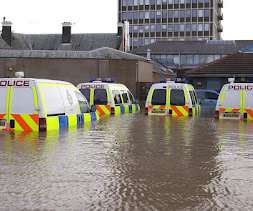
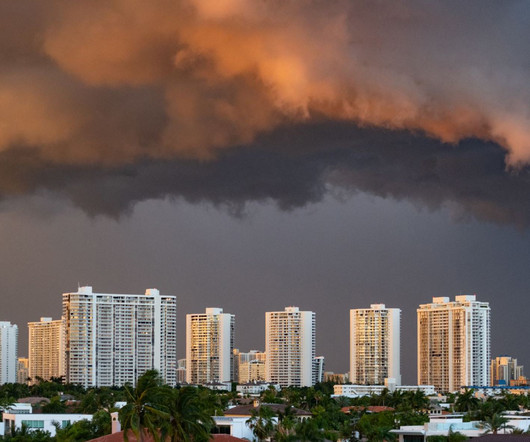

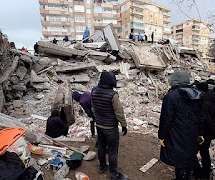
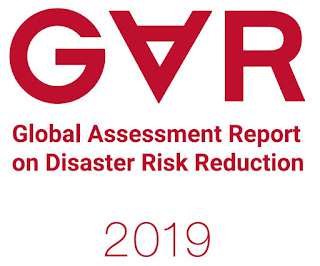
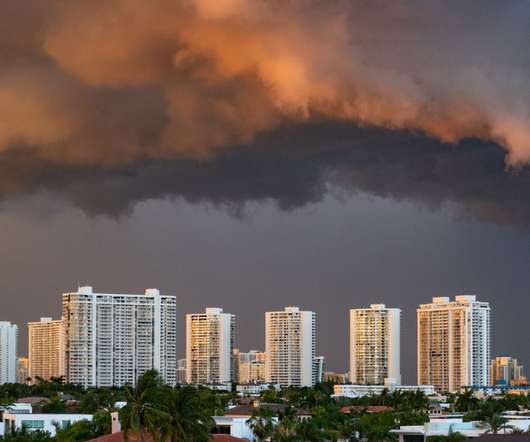








Let's personalize your content